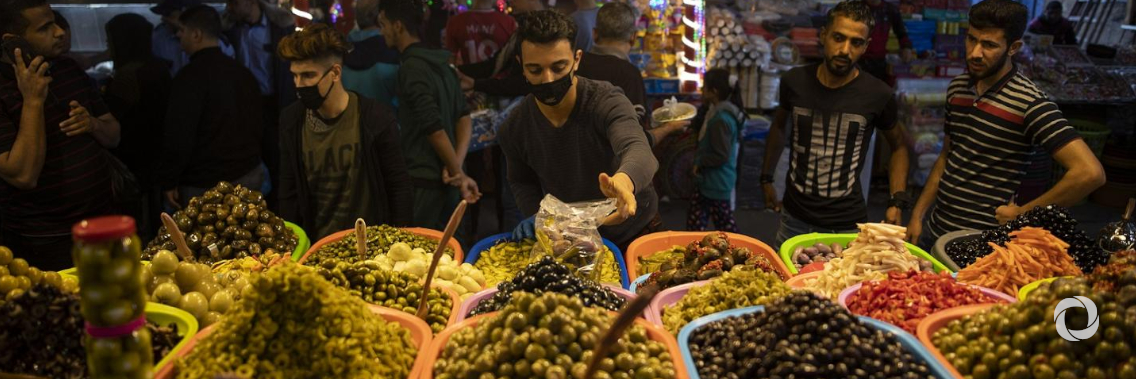APEC member economies should adopt an open trade policy to safeguard food security in the region amid the COVID-19 pandemic, says a new policy brief by the APEC Policy Support Unit.
The recent policy brief on export restrictions and food security in the context of the COVID-19 pandemic shows that the variety of movement restrictions implemented across borders has affected the supply of food, especially perishables such as fruits, vegetables, dairy, seafood and meat.
“Some governments have reacted to episodes of panic buying by implementing export bans or restrictions on certain food products, hoping to secure the availability of food,” says Carlos Kuriyama, Senior Analyst of the APEC Policy Support Unit.
No matter that export restrictions are allowed in certain situations by the World Trade Organization (WTO) rules, it would be less trade-distorting to improve access to food by reducing import tariff rates than by putting export restrictions in place. By doing so, domestic consumers and firms will have access to greater quantities of food products at lower prices due to the increased availability of imported products.
According to the policy brief, at least four APEC economies have implemented export restrictions affecting food products since the beginning of the year. These measures include temporary export bans and quotas on food products such as rice, buckwheat, soybeans, wheat, maize, barley and eggs—all critical staples for families.
While the number of export restrictions and bans in APEC does not seem to be high at this point, the policy brief highlights the importance for member economies to stay vigilant and intensify cooperation efforts to avoid any escalation of these types of measures.
The APEC region’s food security environment is in better shape today compared to the global food crisis of 2007–2008. APEC’s collective stock-to-use ratios for maize, rice and wheat has doubled since then. However, only less than one-third of APEC economies improved their rice and wheat ratios, and more than half of APEC economies currently have their maize stocks-to-use ratios at low levels, below 10 percent.
In response to the COVID-19 pandemic, the policy brief acknowledges that food security is an important and complex area that requires further analysis. The APEC Policy Support Unit could work closely with relevant APEC groups to have a better understanding of the current challenges and support appropriate food security policy responses to COVID-19.
Original source: APEC
Published on 21 May 2020

